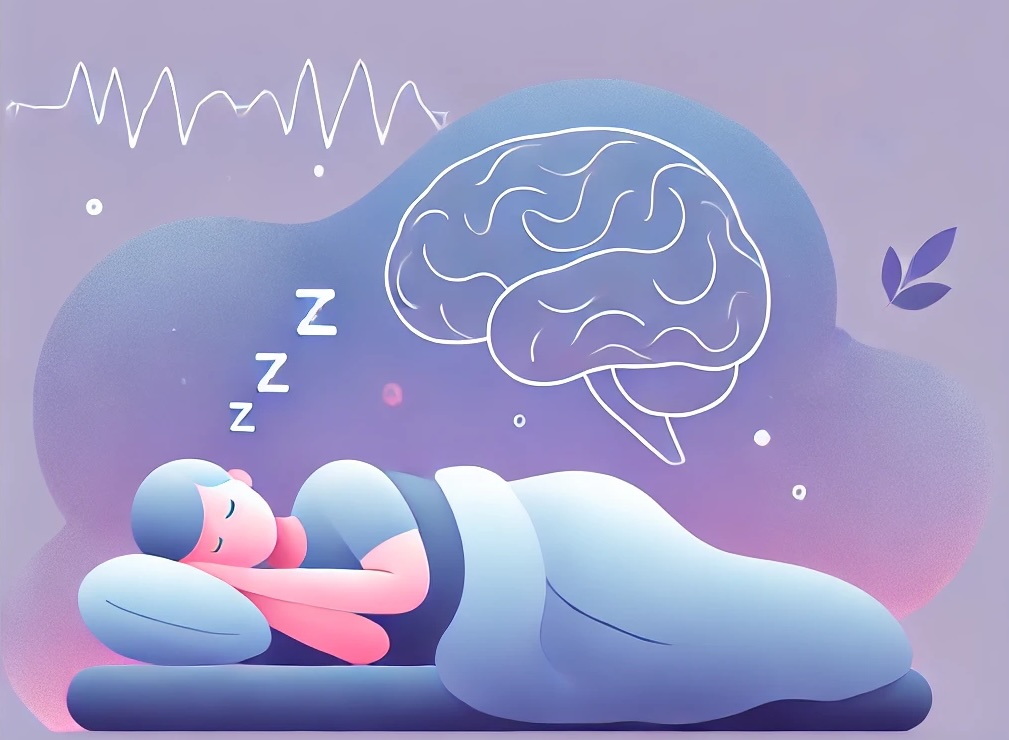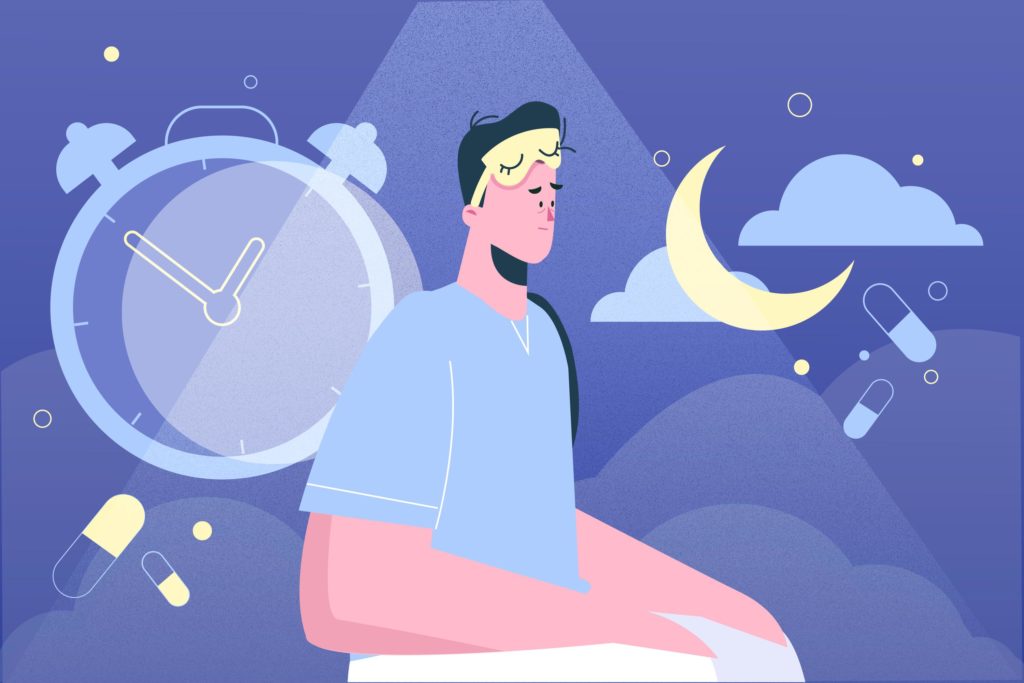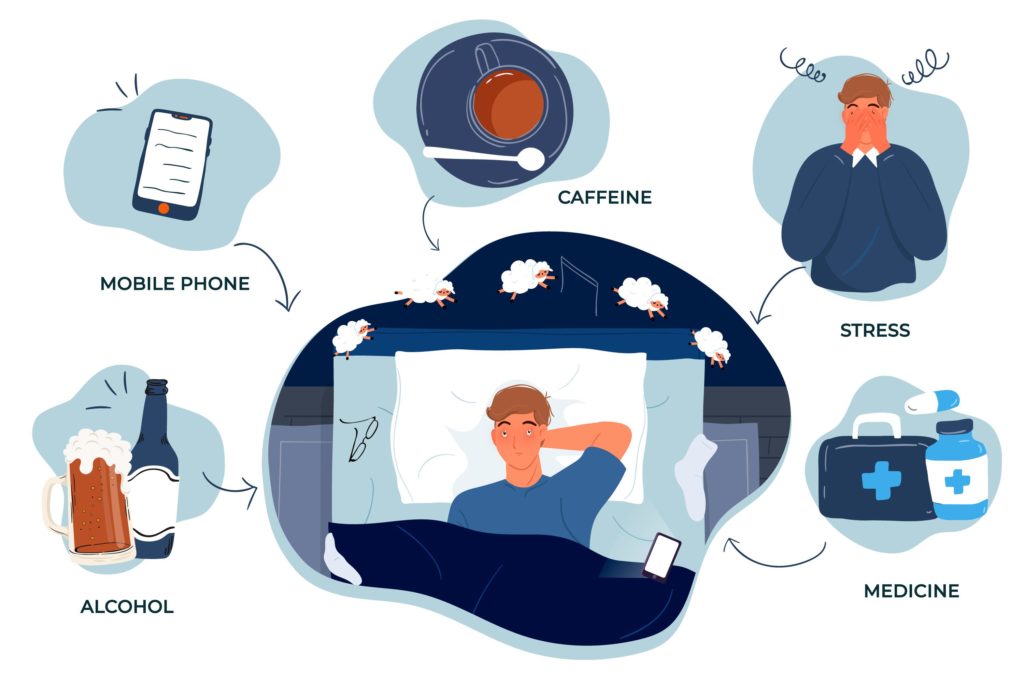Brain maturation and sleep patterns evolve throughout childhood, intricately influencing memory consolidation, emotional regulation, and vigilance. However, it remains unclear whether changes in sleep and cognitive functions follow similar or distinct developmental trajectories as a function of age and sex during childhood. In this study, we included 61 healthy school-aged children, aged 5 to 12 years old, and administered several cognitive tasks before and after they spent one night under polysomnography at home. The main goals were to investigate how age and sex influenced sleep physiology and the link between sleep and cognition in this population. Interesting results have been found and are currently described in a paper which is in preparation.
Investigating Memory Replay in Hippocampal-Cortical Circuits during Sleep : a High-Resolution Imaging study
How does the brain transform experiences into lasting memories?
Our research explores this fundamental question by studying how the hippocampus and cortex interact during sleep to consolidate newly acquired information.

Using cutting-edge 7T MRI, simultaneous EEG-fMRI recordings and imaging analysis, we aim to capture neural reactivations—also known as “memory replay”—to understand how prior experiences are stabilized during sleep. Our innovative approach involves immersive video stimuli designed to activate specific brain regions, followed by sleep monitoring to observe how these memories are processed overnight.
By studying how brain activity during sleep influences memory retention, our study aims to uncover fundamental mechanisms of memory. This research could provide insights into age-related memory decline and neurological disorders, potentially paving the way for novel therapeutic strategies.
Drug-modified sleep and emotional episodic memory: an fMRI study
Healing sleep in adolescents: a workshop-based intervention
The project in brief

There is a problematic paradox in our society: while a constantly growing number of studies show the importance of sleep on brain maturation, cognitive functioning and emotional regulation, young people, especially adolescents, not only sleep less quantitatively, but also qualitatively; indeed, a higher prevalence of insomnia and phase delay syndrome is found in adolescents in comparison to adults, as well as more mood disorders such as anxiety or depression. These sleep disturbances are due to various biological and social factors specific to this very vulnerable population, but also usually to poor sleep hygiene and a lack of awareness regarding healthy sleep habits. This is even more problematic as adolescence is a fundamental developmental period during which the brain goes through key milestones, contributing to the shaping of social, emotional and cognitive functioning of the individual. It is therefore crucial to help adolescents sleep better, not only to improve their everyday life, but also to contribute to the establishment of functional habits that will persist in adulthood.

In this research project, we propose a 4-week workshop-based intervention for adolescents to improve their sleep. The workshops are inspired by Cognitive Behavioral Therapy for Insomnia (CBTI) principles, and aim, through psycho-education, sleep data measuring, individualized feedback and relaxation exercises, at enhancing sleep quality and quantity in adolescents, improving their everyday functioning.
Before and after the intervention, adolescents go through a battery of cognitive tests to measure potential improvements. These tests consist of a memory task, a vigilance task, as well as a stress regulation task in a virtual reality setting. Additionally, during the whole length of the study, participants will wear an actiwatch and fill a sleep diary in order to measure both objective and subjective sleep measures, respectively.





